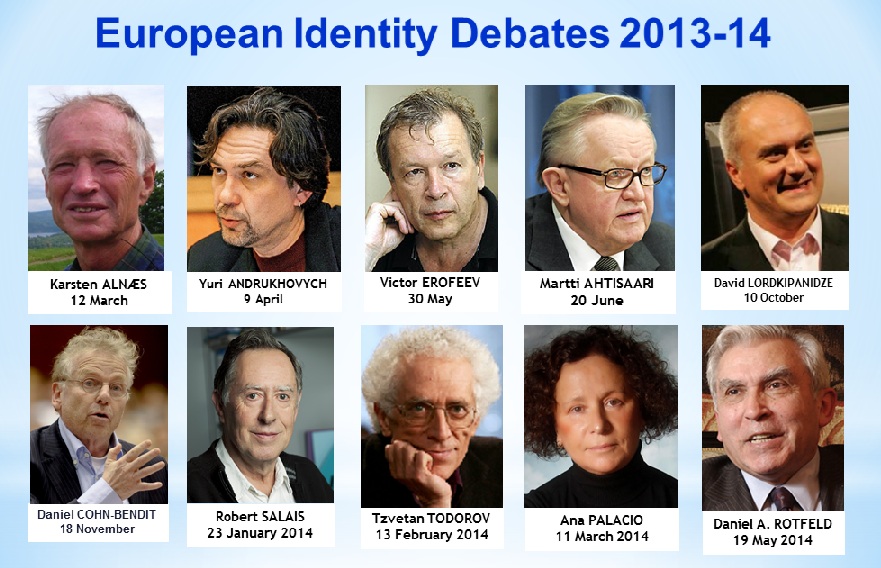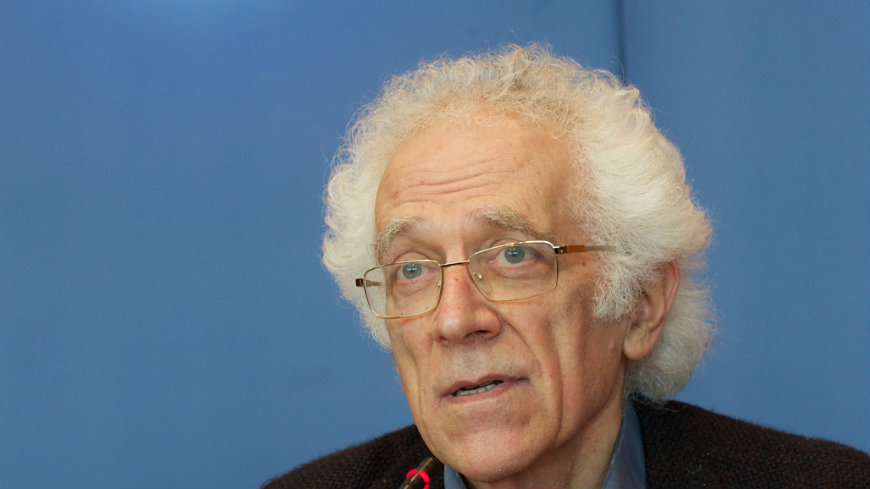In his Introduction speech, Tzvetan Todorov exposed his vision of European identity.
According to him, the growing unhappiness with the European Union (EU) amongst the population should be understood as a response to politicians’ lack of vision for the European project. Interminable debates on bureaucratic rules and regulations, coupled with inadequate responses to the economic and social crises facing Europe’s citizens, leave citizens discouraged.
He remains convinced that the rationale in favour of the EU is still valid and suggests that building a cultural, or even spiritual, identity for Europe may help to overcome many disappointments and strengthen people’s connection with Europe.
Tzvetan Todorov notes the benefits from the richness of European culture, its plurality and diversity of traditions and ways of life, but he also sees difficulties with attempts to define a shared identity. He opts for an identity which refers to the constitutive pluralism of the EU as a basis of unity. This should embrace tolerance, emulation, critical thinking, generalised secularism, 'general will' (Rousseau) and 'common sense' (Kant). He draws particular attention to the significance and status of diversity as well as common memories and the coexistence of national and regional identities (‘Europe as a form of cohabitation between nations’).
Audio recording (including discussion)
Text of presentation (original French)
Biography of Tzvetan Todorov
Video of the presentation:




